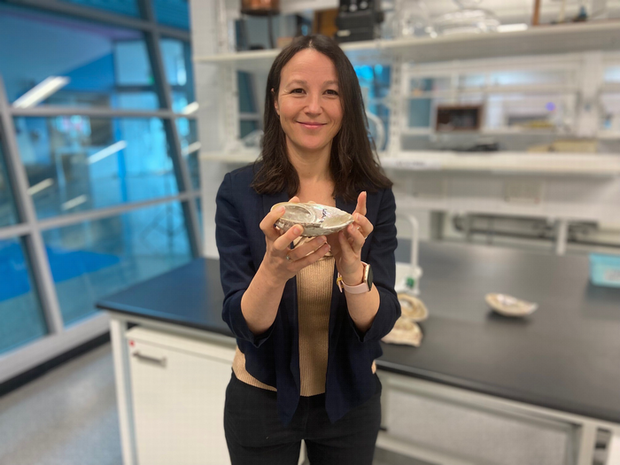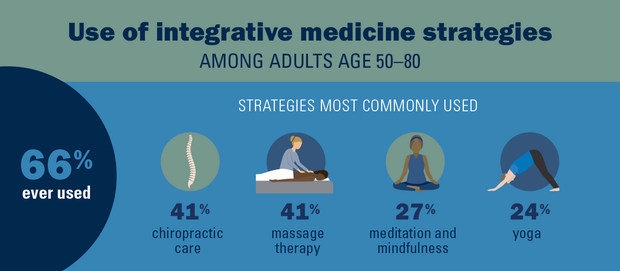SAR, R0, these are all terms that became part of the pop culture lexicon during the COVID-19 pandemic. Unfortunately, because they were used in simplistic fashion they were more helpful for those engaged in wedge politics than the public.
Part of the problem can be laid at the feet of social media. COVID-19 was the third coronavirus pandemic of the last 17 years but it was the first to truly spread worldwide and have so much concern that the country where it originated created a campaign of disinformation, and even got the World Health Organisation to be complicit. And it all happened in real time on social media.
Food fraud is common. Probably 25 percent of imported food with an "organic" label is just conventional food and even in America some organic farmers are just selling regular food. In Europe, everyone knew that Russia was not magically producing all of the organic food they were selling to France and Germany so those companies could pretend it works to feed the world.
Roundup, and its important ingredient glyphosate, act on a biological pathway only found in plants. In the American legal system, science is basically irrelevant in a jury trial, though, so anyone can sue over anything. Only in an appeal will science in science and health lawsuits be important.
Yet sometimes the science is so clear no jury outside California is so opposed to evidence that they will find harm. That is why Monsanto has prevailed for a fifth time against claims that a compound that only acts in plants magically caused someone's cancer. And the only financial victory anti-science activists and their predatory lawyers got was gutted on appeal, because judges looked at the science rather than emotion.
The standing desk fad, and disastrous future outcomes for those who followed it, happened because epidemiologists correlated sitting and 'higher risk' of death. Obviously there is a 100 percent chance of dying but correlation looks for rows of behaviors, like eating cilantro or skydiving, and disease outcomes. Find enough correlation and you can declare statistical significance. Unfortunately,
you can even do that with coin flips to show coins are prejudiced against landing on heads. Or tails.
If you want to find the demographic that most likely thinks chiropractors, massages, meditation, and yoga are medicine, find middle-aged women in a rich country.
They just don't mention it to their doctors, even though physicians ask what else they are doing or taking, including things like supplements.
Vaping devices, e.g. the unfortunately named e-cigarettes, were a valuable tool for smoking cessation and harm reduction, with better results in ending smoking than nicotine patches and gums.
Then suddenly they were everywhere, a market so large that a tobacco company whose primary business was cigarettes spent billions for a small stake in Juul, which had become the leader in vaping products. Now they have written 90 percent of that investment down because it turns out that while nicotine is addictive, vaping never had the 'cool' factor of cigarettes. Cigarettes were boosted in culture by film and television prevalence but vaping never attained that kind of traction.
 Marijuana For ADHD?
Marijuana For ADHD? Rutgers Study - Forcing DEI Programs On People Increases Hostility
Rutgers Study - Forcing DEI Programs On People Increases Hostility Minnesota Trial Lawyers Want To Ban Neonics - Here Is Why That Is A Mistake
Minnesota Trial Lawyers Want To Ban Neonics - Here Is Why That Is A Mistake The Toxic Masculinity Of Disney Movies
The Toxic Masculinity Of Disney Movies








